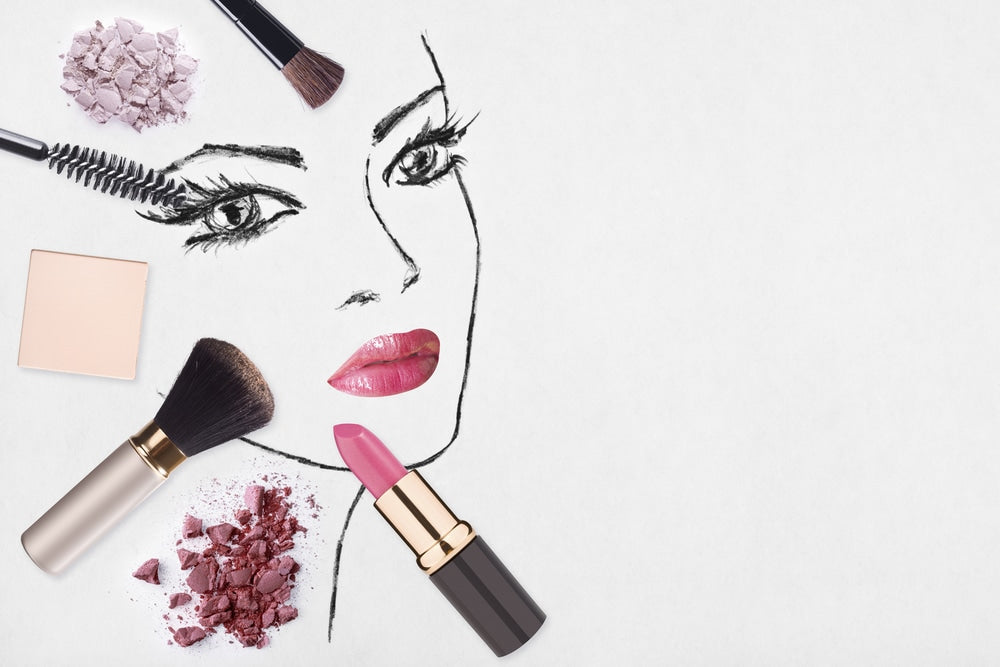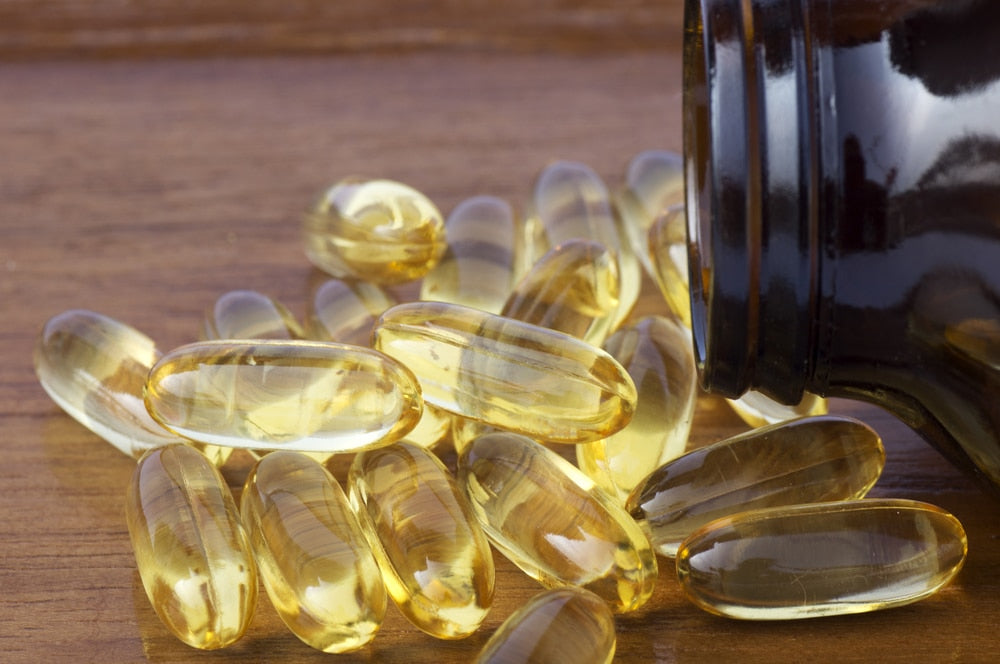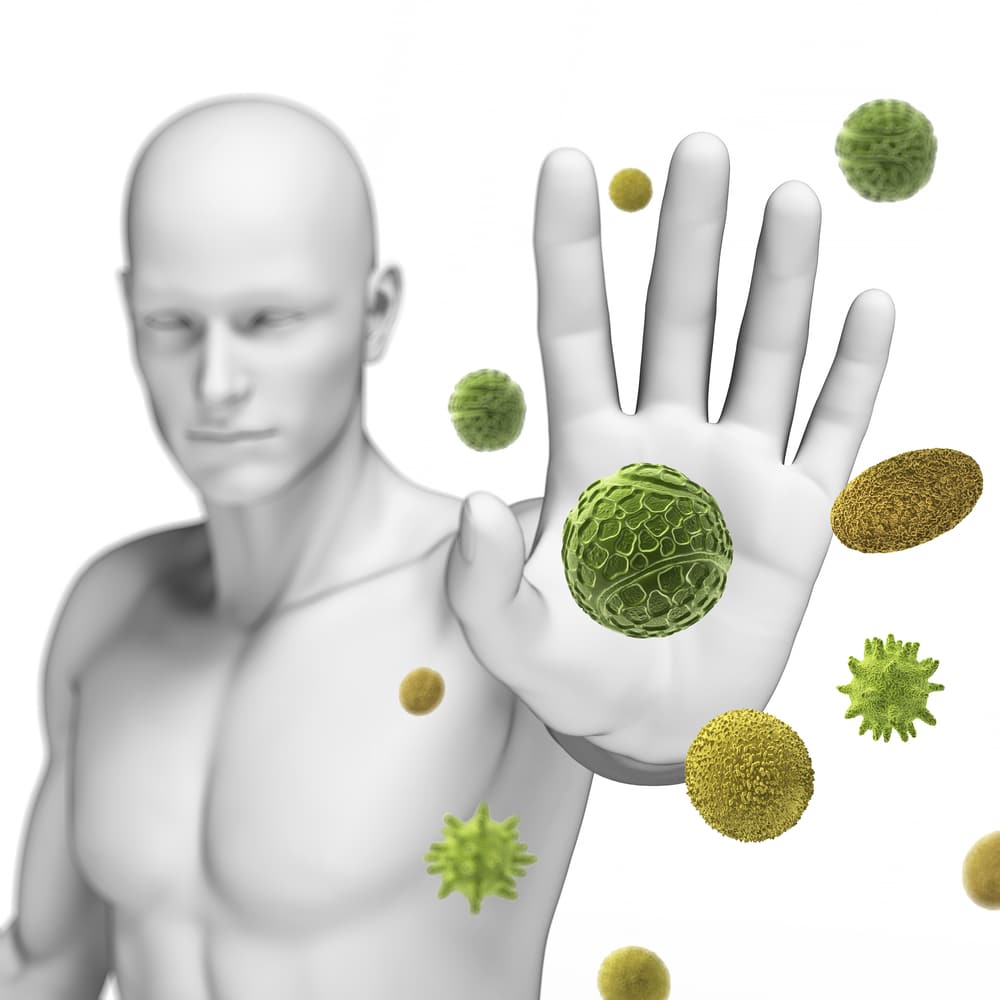
What’s in Your Makeup?
I’ll be the first to admit it—I take my makeup seriously. I can’t face the world without a little blush and lipstick, and there’s no way I’ll go out the front door without my mascara on.
But while I care about looking my best, I care a lot more about being healthy. That’s why I’m not the least bit willing to load my body with toxins just to look pretty. And this brings me to today’s question:
Are you literally dying to be gorgeous?
Before you answer, stop and think about how many cosmetics and other personal care products you use in a typical day. If you’re like most women, I’m betting your list includes everything from foundation and lipstick to wrinkle cream and hair mousse. In fact, according to the Environmental Working Group, the typical woman uses an average of 12 personal care products a day, containing 168 different chemicals. (Men average a little over 80.)
That’s a lot of chemicals—and it may surprise you to hear that hardly any of them are proven to be safe. And here’s something even scarier: What you put on your skin and hair goes into your body. A significant amount of each product you use gets absorbed by your skin and goes right into your bloodstream, so you’re mainlining many of the chemicals in your makeup and other beauty products straight to your cells. Here are just some of those chemicals:
· Toluene, which can harm your kidneys, liver, and nervous system
· diethanolamine (DEA) and triethanolamine (TEA), which may increase your risk of liver and kidney cancer
· quarternium 15, a powerful allergen that also generates formaldehyde
· parabens and phthalates, which are endocrine disruptors
· lead and other toxic metals
Right now, legislators are talking about tightening regulations for personal care products. In the meantime, however, it’s up to you to protect yourself.
Here are some good ways to do it:
- Buy organic products when you can. (But realize that “organic” doesn’t always mean “safe” when it comes to cosmetics, so check the ingredients.)
- Use fragrance-free products when you can. A single fragrance can contain more than 100 chemicals.
- Use cosmetics as sparingly as possible. For instance, if you’re staying home on a Sunday, consider leaving your skin bare.
- Use sprays—for instance, perfume and hairspray—in a well-ventilated area, and try to breathe in as little as possible.
- Choose your lipstick carefully. Look for brands that specify that they’re lead- and paraben-free.
- Use Skin Deep®— an app created by the Environmental Working Group—to check out the cosmetics you use. This app contains information on more than 70,000 skin care products, and all you need to do is scan a product’s bar code to get all the details. Also check out Think Dirty, a similar app.
- If you’re pregnant, be especially careful about the cosmetics and other beauty products you use. In particular, avoid hair dyes and any wrinkle creams containing retinol. Also avoid nail polish or use it only in a well-ventilated area.
All of this will take some work on your part, and you may wind up having to say goodbye to some of your favorite cosmetics. But the big payoff is that you’ll look gorgeous without risking your health—and that’s a beautiful thing.
Keep Thinking Big & Living Bold!








